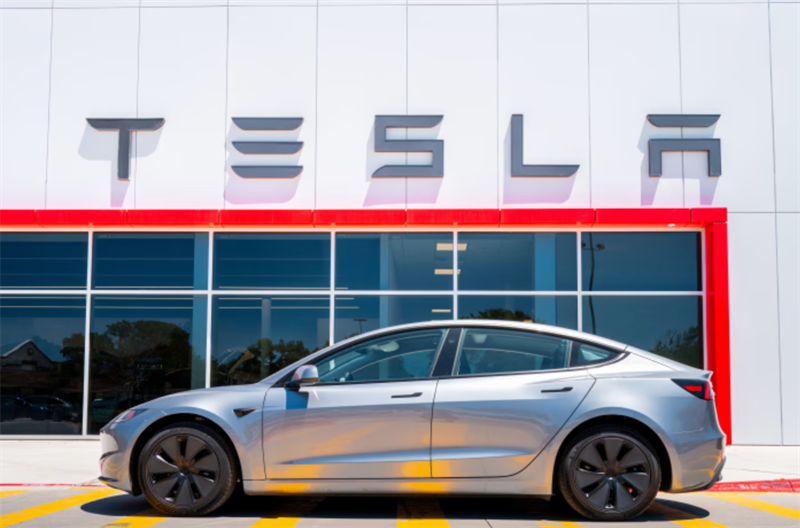Tesla's next-generation AI6 chip, a critical component for upcoming products such as the Cybercab autonomous taxi and the Optimus humanoid robot, will begin initial sample production at Samsung Electronics' domestic foundry and packaging facilities in South Korea, according to industry reports.
Mass production is planned at Samsung's advanced fab in Taylor, Texas, which is scheduled to come online in 2025. Equipment investments for volume manufacturing at the site are expected to begin this year.
The AI6 program is central to Tesla's long-term strategy in autonomous mobility and robotics, with demand projected to rise significantly as the company scales these platforms. Tesla has signed a chip production agreement with Samsung worth at least $16.5 billion, though CEO Elon Musk has noted the deal could expand considerably as product volumes increase.

Samsung has finalized the process design kit for its second-generation 2nm node, known as SF2P. The technology promises 12% higher performance, 25% lower power consumption, and 8% smaller chip area compared with the prior generation. However, industry analysts have raised concerns about yield stability, estimating current levels at 40%–50% — below TSMC's N2 process, which is reportedly above 70%.
Musk has expressed enthusiasm for the partnership, stating on social media that he intends to "walk the line personally" at Samsung facilities to accelerate progress. He also emphasized the importance of close collaboration with Samsung leadership, noting that both companies plan to leverage their strengths to achieve successful commercialization.
The success of the AI6 project may hinge on Samsung's ability to stabilize yields and compete effectively with rivals such as TSMC and Intel. With its role in Tesla's next-generation platforms, the AI6 chip represents not just a major semiconductor contract but a pivotal test of Samsung's 2nm technology and its positioning in the advanced foundry market.
+86 191 9627 2716
+86 181 7379 0595
8:30 a.m. to 5:30 p.m., Monday to Friday
